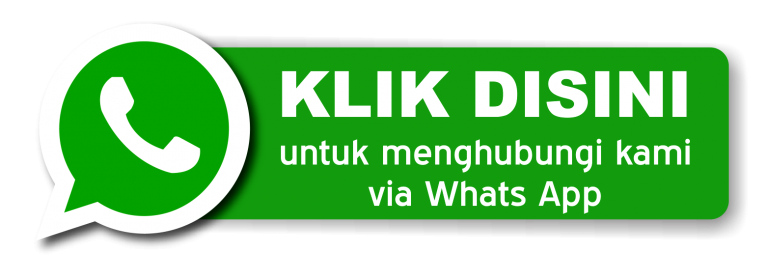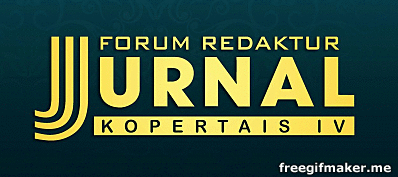ISLAMIC EDUCATION CURRICULUM PLANNING MODEL

DOI:
https://doi.org/10.32665/alulya.v8i2.1796Keywords:
Planning Model, Curriculum, Islamic EducationAbstract
The purpose of this research is to find out how the Islamic education curriculum planning model takes into account 1) epistemology, 2) ideology, and 3) the Islamic education curriculum planning model in Tyler's view which is associated with the opinions and theories of Zainal Arifin. The method used in this study is Library Research which is carried out by collecting data in the form of text in online/offline libraries, E-Books, and journals using inductive analysis techniques. The main literary sources used are two books (Zainal Arifin and Oemar Hamalik) and one article (Mukh Nursikin). The approach used in this study is to 1) record all data findings in the form of text obtained from the literature, 2) combine the data obtained, 3) researchers analyze the data obtained, and 4) criticize the results obtained. The results of this study are that the interactive rational curriculum planning model that adapts to thoughts and situations is very suitable to be applied and this model pays attention to curriculum development after planning. Supported by the theory of the curriculum model, namely the ideology and epistemology of the Islamic education curriculum, namely knowledge, methods, structure, and basis which are used as guidelines.
Downloads
References
Arifin, Z. (2016). Manajemen Pengembangan Kurikulum Pendidikan Islam Teori dan Praktik. Program Studi Manajemen Pendidikan Islam Fakultas Tarbiyah dan Keguruan Universitas Islam Negeri Sunan Kalijaga Yogyakarta.
Az-Za’balawi, M. S. M. (2007). Pendidikan Remaja antara Islam & Ilmu Jiwa. Gema Insani.
Batubara, F. K. (2019). Metodologi Islam. Deepublish.
Hamalik, O. (2016). Dasar-Dasar Pengembangan Kurikulum. PT Remaja Rosdakarya.
Mansur, R. (2016). Pengembangan Kurikulum Pendidikan Agama Islam Multikultural; suatu prinsip-prinsip pengembangan. Jurnal Ilmiah Vicratina, 10, 2.
Nasbi, I. (2017). Manajemen Kurikulum; Sebuah Kajian Teoritis. Jurnal Idaarah, 1, 323. https://doi.org/https://doi.org/10.24252/idaarah.v1i2.4274
Nursikin, M. (2020). Pengembangan Kurikulum Pendidikan Islam dalam Perspektif Progresivisme. Jurnal Ilmiah Citra Ilmu, 16(31), 51–66.
Rahmat. (2018). Pengantar Studi Islam Interdisipliner. Bening Pustaka.
Ramadhani, E. A. (2020). Pola Perencanaan Kurikulum di Sekolah Menengah Pertama Negeri
Gerbang Sari Kabupaten Kampar. In Skripsi. UIN Sultan Syarif Kasim Riau.
Salamah, R. & U. (2020). Studi Islam Kontemporer (Multidisciplinary Approach),. CV Pustaka Learning Canter.
Sidik, F. (2016). Konsep Pengembangan Kurikulum Pendidikan Islam. Jurnal Irfani, 12, 103.
Silitonga, E. P. S. (2023). Paradigma dan Perencanaan Kurikulum. Jurnal Pediaqu: Pendidikan Sosial Dan Humaniora, 2(1).
Wahyudin, D. (2014). Manajemen Kurikulum,. PT. Remaja Rosdakarya.
Wijaya, M. J. & M. M. (2019). Pengembagan Paradigma Keilmuan Perspektif Epistimologi Islam Dari Perenialisme hingga Islamisme, Integrasi-Interkoneksi dan Unity of Sciences. Kencana.
Zed, M. (2004). Metode Penelitian Kepustakaan. Yayasan Obor Indonesia.
Downloads
Published
Issue
Section
License
Copyright (c) 2023 Al Ulya: Jurnal Pendidikan Islam

This work is licensed under a Creative Commons Attribution-NonCommercial-NoDerivatives 4.0 International License.
 PDF Download: 230
PDF Download: 230












